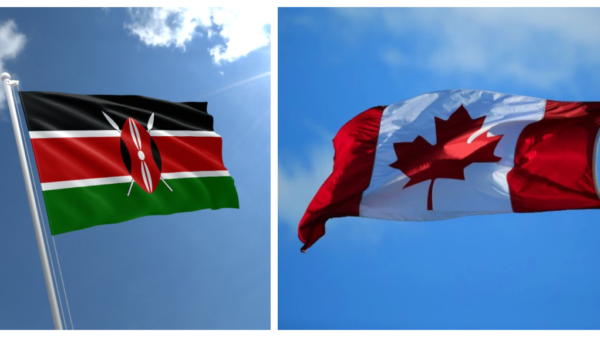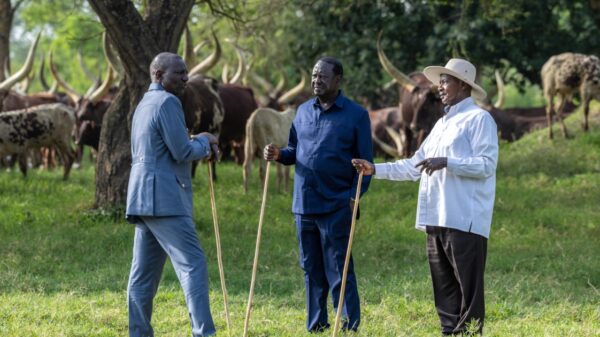• Githunguri Member of Parliament Gathoni Wamuchomba has dismissed the Finance Bill, 2023 as “punitive, oppressive and scandalous”
• The controversial bill proposes a 16 per cent Value Added Tax (VAT) on fuel and a housing fund, among other levies
• The bill has been met with opposition from many Kenyans and Azimio La Umoja One Kenya coalition-allied legislators
Githunguri Member of Parliament Gathoni Wamuchomba has dismissed the Finance Bill, 2023 as “punitive, oppressive and scandalous”.

Githunguri MP Gathoni Wamuchomba
The controversial bill proposes a 16 per cent Value Added Tax (VAT) on fuel and a housing fund, among other levies, as President William Ruto’s Kenya Kwanza government seeks to raise more money from Kenyans.
The bill has been met with opposition from many Kenyans and Azimio La Umoja One Kenya coalition-allied legislators alike, but Wamuchomba, a Kenya Kwanza MP, has urged Ruto’s administration to listen to Kenyans’ cries.
In a social media post on Sunday, the MP quoted the biblical story of King Ahab, who is said to have died after refusing to follow the counsel of a true prophet, who told him not to go into battle, and instead listened to four hundred false prophets who told Ahab whatever they thought he wanted to hear.
“The spirit of the prophet of the Lord is alive. You can slap me, jail me without food or abuse me, but God speaks through his people. The Finance Bill 2023 is punitive, oppressive and scandalous. The ruling class must listen to the cries of its citizenry. That’s democracy,” wrote Wamuchomba on Facebook.
At present, a petition has been filed to challenge the contentious bill even as President Ruto and his deputy, Rigathi Gachagua maintain that the bill must pass as is.
On Sunday, the National Assembly Finance and Planning Committee made further recommendations to a number of contentious clauses in the bill ahead of its tabling in Parliament on Tuesday.
Among them is the proposal to lower the 3 per cent Housing Levy to 1.5 per cent and be only deducted from employees, and the 15 per cent VAT on digital content creation is reduced to 5 per cent.
The committee also recommended tax waivers on agricultural inputs, vaccines and electric cars but however, proposed the retention of the 16 per cent VAT on petroleum products.
Now, the bill is set for tabling in parliament on Tuesday, and the second reading of the bill on the floor of the house is expected on Wednesday after the approval of the House Business Committee.



























